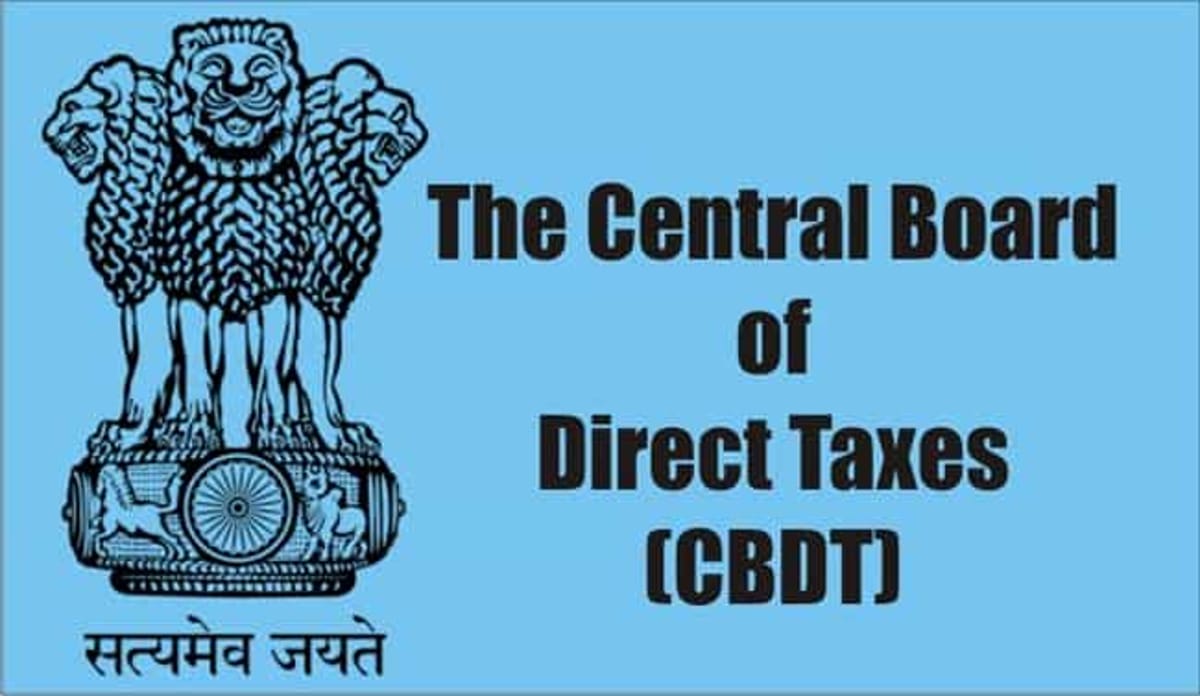anjaliyadv | Sep 12, 2019 |

CBDT Lays down Procedure for identification and processing of cases for prosecution. The Central Board of Direct Taxes has issued Procedure for identification and processing of cases for prosecution under Direct Tax Laws
Government of India
Ministry of Finance
Department of Revenue
(Central Board of Direct Taxes)
Room No. 515, 5th Floor, C-Block,
Dr. Shyama Prasad Mukherjee Civic Centre,
Minto Road, New Delhi -110002.
Dated: 09.09.2019
Subject: Procedure for identification and processing of cases for prosecution under Direct Tax Laws-reg.
1.) The Central Board of Direct Taxes has been issuing guidelines from time to time for streamlining the procedure of identifying and examining the cases for initiating prosecution for offences under Direct Tax Laws. With a view to achieve the objective behind enactment of Chapter XXTT of the Income-tax Act, 1961 (the Act), and to remove any doubts on the intent to address serious cases effectively, this circular is issued.
2.) Prosecution is a criminal proceeding. Therefore, based upon evidence gathered, offence and crime as defined in the relevant provision of the Act, the offence has to be proved beyond reasonable doubt. To ensure that only deserving cases get prosecuted the Central Board of Direct Taxes in exercise of powers under section 119 of the Act lays down the following criteria for launching prosecution in respect of the following categories of offences.
(i) Offences u/s 276B: Failure to pay tax to the credit of Central Government under Chapter XII-D or XVII-B.
Cases where non-payment of tax deducted at source is Rs. 25 Lakhs or below, and the delay in deposit is less than 60 days from the due date, shall not be processed for prosecution in normal circumstances. In case of exceptional cases like, habitual defaulters, based on particular facts and circumstances of each case, prosecution may be initiated only with the previous administrative approval of the Collegium of two CCIT/DGIT rank officers as mentioned in Para 3.
(ii) Offences u/s 276BB:Failure to pay the tax collected at source.
Same approach as in Para 2.i above.
(iii) Offences u/s 276C(l): Wilful attempt to evade tax, etc.
Cases where the amount sought to be evaded or tax on under-reported income is Rs.
25 Lakhs or below, shall not be processed for prosecution except with the previous administrative approval of the Collegium of two CCIT/DGIT rank officers as mentioned in Para 3.
Further, prosecution under this section shall be launched only after the confirmation of the order imposing penalty by the Income Tax Appellate Tribunal.
(iv) Offences u/s 276CC: Failure to furnish returns of income.
Cases where the amount of tax, which would have been evaded if the failure had not been discovered, is Rs. 25 Lakhs or below, shall not be processed for prosecution except with the previous administrative approval of the Collegium of two CCIT/DGIT rank officers as mentioned in Para 3.
3.) For the purposes of this Circular, the constitution of the Collegium of two CCIT/DGIT rank officers would mean the following-
4.) As per section 279(1) of the Act, the sanctioning authority for offences under Chapter XXII is the Principal Commissioner or Commissioner or Commissioner (Appeals) or the appropriate authority. For proper examination of facts and circumstances of a case, and to ensure that only deserving cases below the threshold limit as prescribe d in Annexure get selected for filing of prosecution complaint, such sanctioning authority shall seek the prior administrative approval of a collegium of two CCIT/DGIT rank officers, including the CCIT/DGIT in whose jurisdiction the case lies. The Principal CCIT(CCA) concerned may issue directions for pairing of CCsIT/DGIT for this purpose. In case of disagreement between the two CCIT/DGIT rank officers of the collegium, the matter will be referred to the Principal CCIT(CCA) whose decision will be final. In the event that the Pr.CCIT(CCA) is one of the two officers of the collegium, in case of a disagreement the decision of the Pr.CCTT(CCA) will be final.
5.) The list of prosecutable offences under the Act specifying the approving authority is annexed here with.
6.) This Circular shall come into effect immediatel y and sh all apply to all the pending cases where complaint is yet to be filed.
7.) Hind version shall follow.
Click Here to Buy CA Final Pendrive Classes at Discounted Rate
In case of any Doubt regarding Membership you can mail us at [email protected]
Join Studycafe's WhatsApp Group or Telegram Channel for Latest Updates on Government Job, Sarkari Naukri, Private Jobs, Income Tax, GST, Companies Act, Judgements and CA, CS, ICWA, and MUCH MORE!"